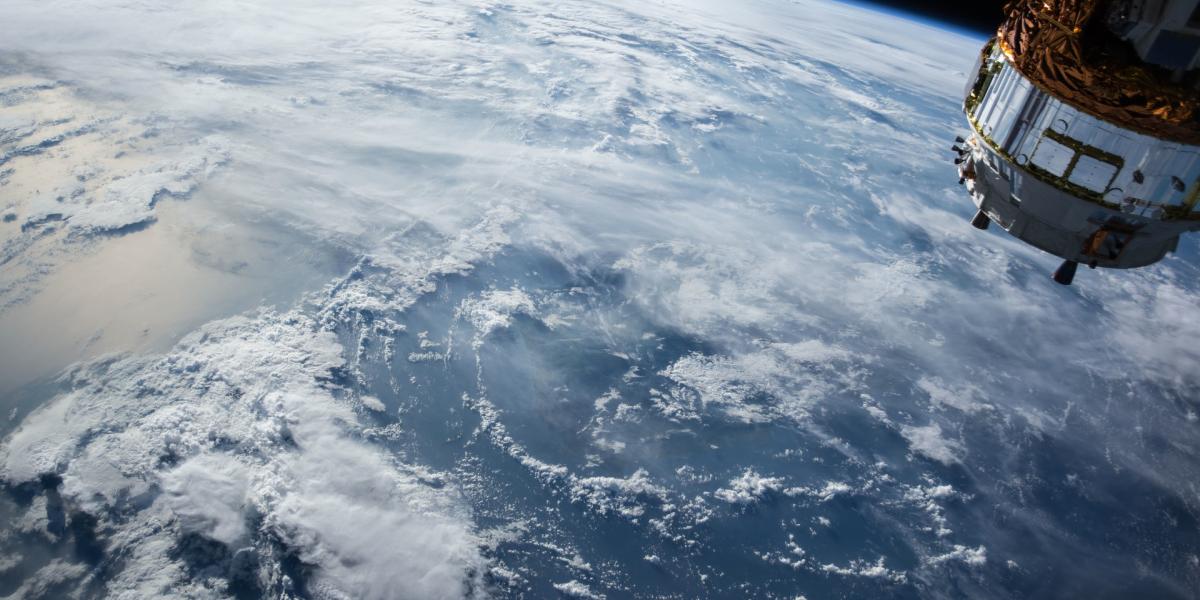
At a high school reunion a few months ago, a group of us were recalling with nostalgia the pay phones and calling cards we once used to connect with friends, the sound (and excruciatingly slow speed) of dial-up internet, and the game-changing introduction of the iPod around the time we were heading to college.
Since then, the pace of technological advancement has been dizzying, with more data and information generated and stored than our 18-year-old selves could have imagined. Now, I can stream an obscure, never-released Velvet Underground album (as I write this!) or watch my favorite cult classic with a few clicks.
As an individual, it’s easy to take for granted these everyday luxuries afforded to us through the recent explosion of new technology and big data. But businesses are more likely to appreciate the impact big data is having on their bottom line – operations have leaned and customer support has improved following the introduction of intelligence systems and big data analytics. Governments are also jumping on the big data bandwagon, transforming the way they keep track of populations with new national identification registries and healthcare systems based on biometric technologies and cloud-based platforms.
Natural resource management is similarly primed to take advantage of the big data revolution. A shared challenge in managing many natural resources is the unobservable and dynamic nature of the resources themselves.
John Sheperd famously noted that “Counting fish is just like counting trees -- except that they are invisible and keep moving.” But with new technology, the paradigm of unobservability and uncertainty that has guided centuries of natural resource management practices is now set to change.
For the first time, we can measure greenhouse gas emissions (broadly and specifically), watch fishing activities, observe deforestation, monitor water storage and use, and generally track the exploitation of natural resources in near real-time from space.
Recent emLab research has demonstrated the utility of big data for natural resource management.
We have shown that big data can be harnessed to reveal the effectiveness and net benefit of fishery policy: aggressive anti-illegal fishing campaigns may be a novel way to avoid short-term losses associated with fisheries management reform.
We have also demonstrated that access to more information has already led to improved fishery outcomes for managers and fishers alike through bycatch reductions, adaptive responses to prevent overfishing quota, enhanced targeting, and greater market access.
We are currently using big data to expose the potential upside to subsidy reform in global fisheries.
With more data being generated than ever before, the conversation around how best to harness the power of big data has largely centered around barriers to its purported impact, namely, cost, legal barriers, privacy concerns, and user trust. These hurdles are substantial, but they will be overcome, which begs the question: then what?
Is big data going to augment and improve the systems we currently have in place? Or will new sources of information beget new institutions and practices that we haven’t yet imagined? Big data has fundamentally changed our everyday lives, why shouldn’t it revolutionize our management systems?
As I sit here on a Monday morning, with my phone telling me that my screen time was down 9% last week, I begin to daydream about a not too distant future in which some device also tells me that my greenhouse gas emissions were up by 15% (I drove to LA to meet my new nephew), my food waste was slightly less than usual (my one year old is ravenous), and my water consumption was down by 20% (I am so behind on laundry!).
Would knowing this information change my behavior? What if I also knew all of these stats for my family? My coworkers? What if they all knew these things about me? Could I set up autopay to immediately purchase relevant offsets to neutralize my uses and update my public statistics? Would companies be similarly incentivized to uphold sustainability targets for fear of loss of reputation?
Would being confronted with the everyday reality of overexploitation force us to finally address it in new – better – ways?
These are the questions that are motivating a group of emLab PIs to think differently about the role big data could play in revolutionizing natural resource management. Rather than merely dreaming about what big data might do, we want to take the opportunity to try to get ahead of the big data trend and reveal new pathways for improved stewardship of our planet’s dwindling resources.



